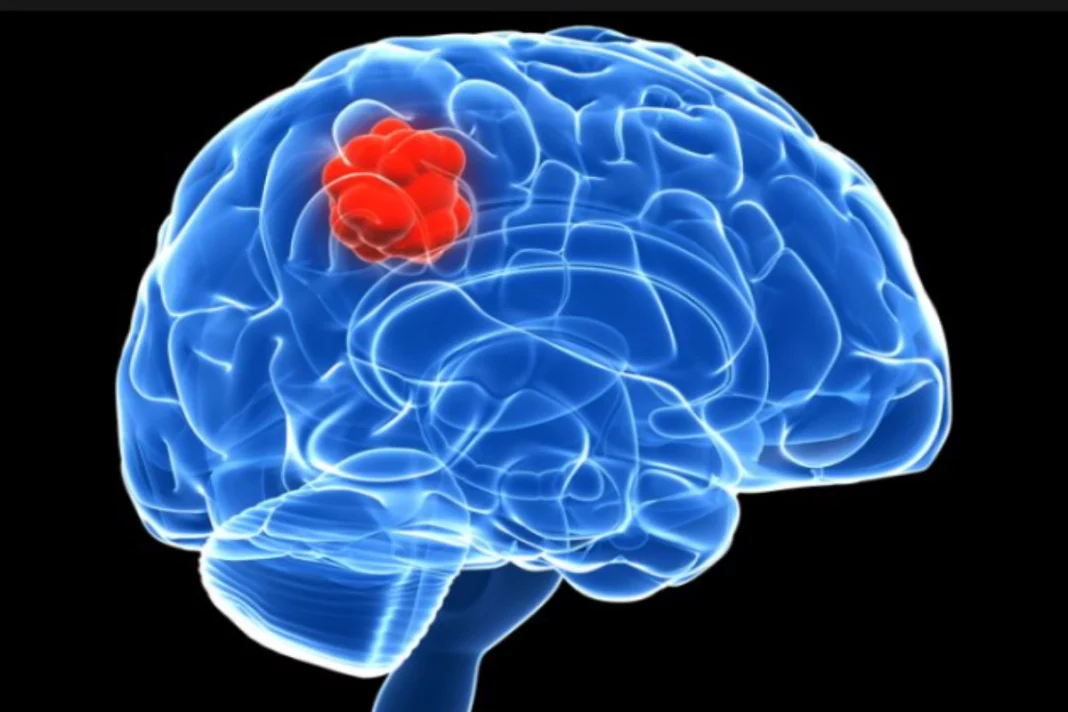World Brain Tumour Day 2023: Uncontrolled growth of abnormal tissue in the brain is known as a brain tumour, however not all of them are cancerous or malignant. It is well known that cancerous brain tumours grow more quickly than non-cancerous ones. Depending on where they are, brain tumours may or may not present with symptoms. It’s possible that symptoms won’t appear until the tumour has grown significantly if it forms in less active regions of the brain. Brain tumours may develop in or near brain tissue, or they may migrate from other regions of the body, a condition known as metastatic brain tumour, to the brain. Every year on June 8, people around the world commemorate World Brain Tumour Day to promote awareness and educate people about brain tumours.
Deciphering the Symptoms of Brain Tumours
Because they are not very precise, the symptoms of a brain tumour can be mistaken for those of other conditions. People, for instance, may ignore headaches brought on by brain tumours and continue using medicines. These symptoms aren’t brought on by the tumour itself, but they might be brought on by it pressing against specific brain nerves. Double or blurry vision are two additional vision issues that brain tumour patients may experience. Another symptom that individuals shouldn’t overlook is nausea or vomiting.
Brain Tumour Telltale Significance That People Ignore
- Never take lightly headaches that last, get worse, or arrive with unusual patterns. Although headaches are frequent, they should be evaluated by a doctor right away if they suddenly become more severe or appear to be related to other symptoms.
- Vision issues including double vision, blurred vision, or sudden loss of visual field could also be signs of an underlying brain tumour. The effects of ignoring such visual anomalies on one’s general health and quality of life may be severe.
- Additionally, keep an eye out for persistent nausea, vomiting, or inexplicable dizziness. These signs and symptoms may be brought on by a tumor-induced rise in cerebral pressure.
- Investigation is required for unexplained seizures, especially in people without a history of epilepsy. Seizures may be an early indicator of a brain tumour, so they should be treated right away.
Must Read: Health Tips: Revitalising Techniques! Natural Ways to Cleanse and Detoxify Your Blood
DON'T MISS
Early Diagnosis and Treatment Options for Brain Tumours
Patients should consult a neurologist or a neurosurgeon if their symptoms are chronic or worsening so that a prompt diagnosis can be made with the aid of CT or MRI scans. The earlier a brain tumour is diagnosed, the more time the brain has to heal and operate normally after therapy, and in other circumstances, the effects may last a lifetime. Some brain tumours do not require surgery. Patients with small, benign tumours and little to no symptoms can simply have the tumours monitored with routine outpatient visits and MRI scans. Such patients make excellent candidates for upfront stereotactic radiosurgery, which involves outpatient delivery of focused radiation to the tumour. Surgery is necessary for patients who have benign or malignant tumours that squeeze nearby structures. The techniques used in brain tumour surgery have rapidly advanced.
Disclaimer: This material, including advice, provides general information only. It is in no way a substitute for a qualified medical opinion. Take the methods, and claims mentioned in this article as suggestions only; DNP India does not confirm or refute them. Consult a doctor before implementing any such suggestions/ treatment/medicine/diet.
Keep watching our YouTube Channel ‘DNP INDIA’. Also, please subscribe and follow us on FACEBOOK, INSTAGRAM, and TWITTER



